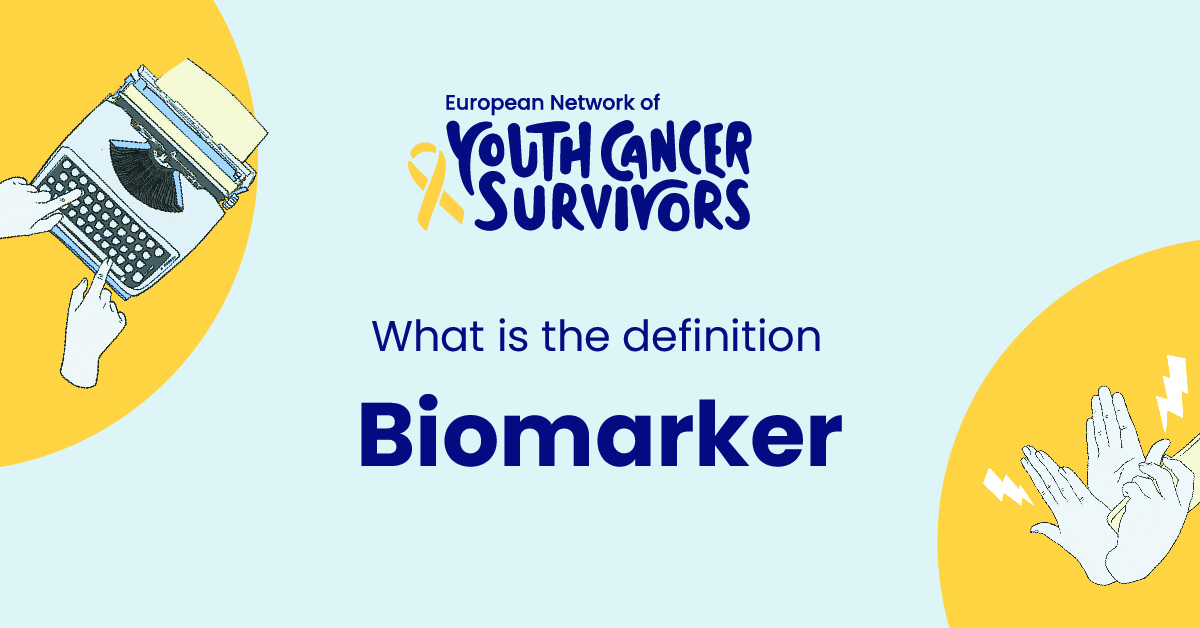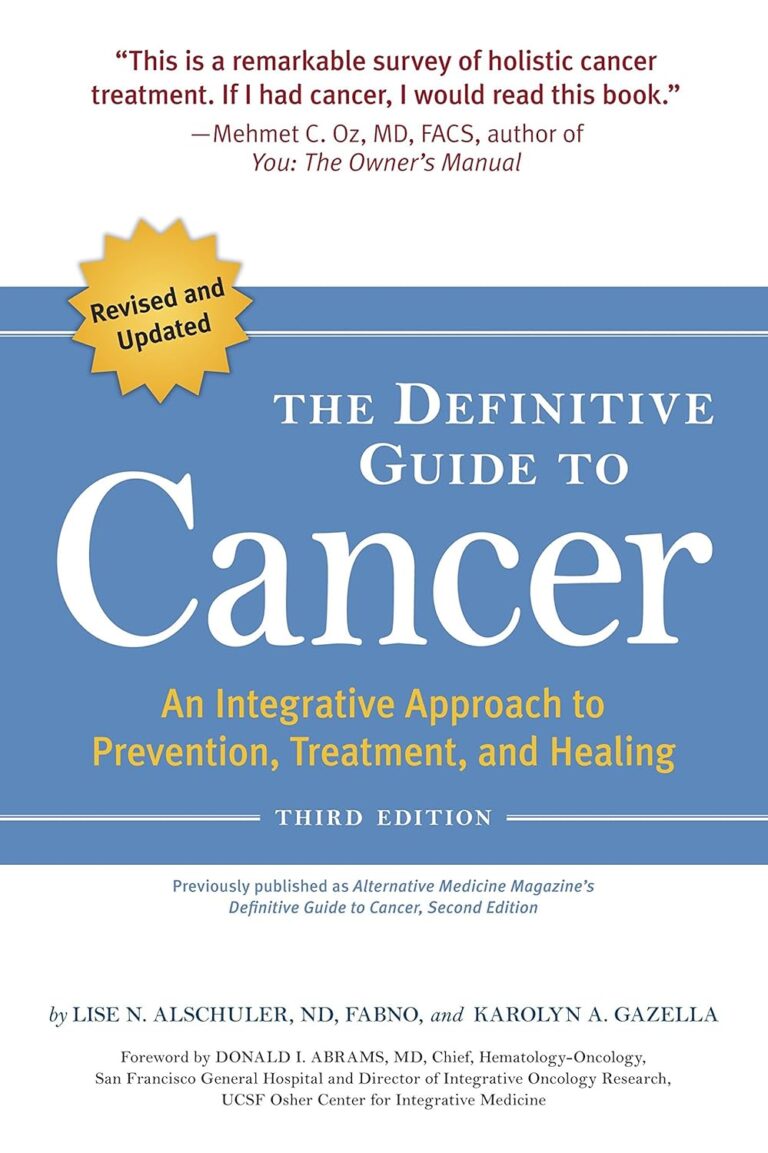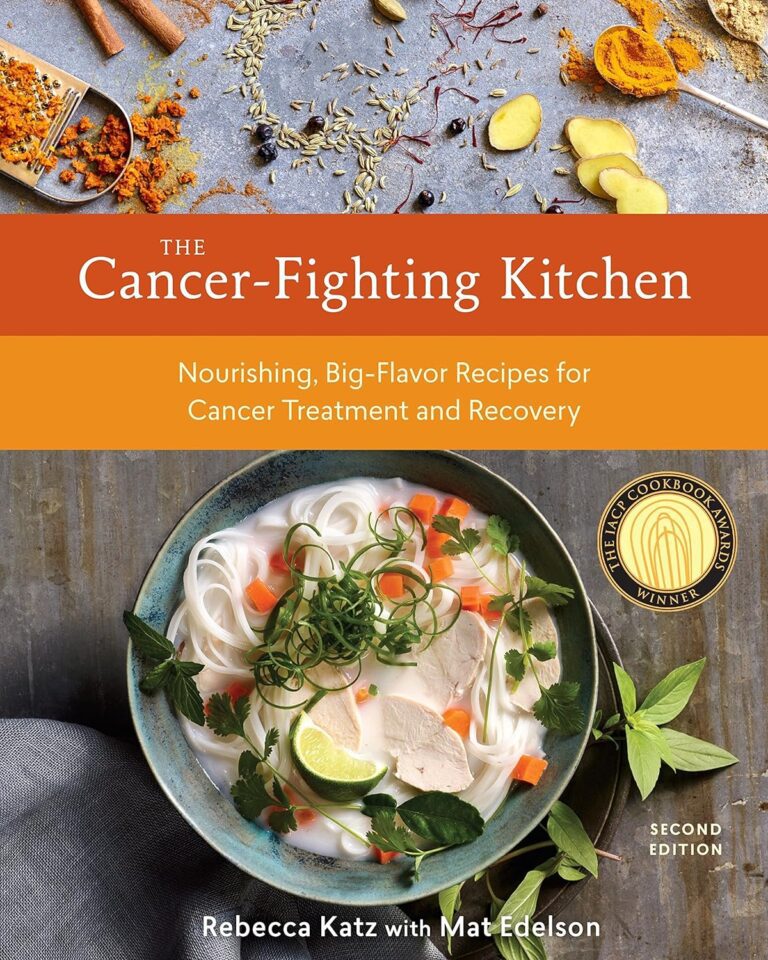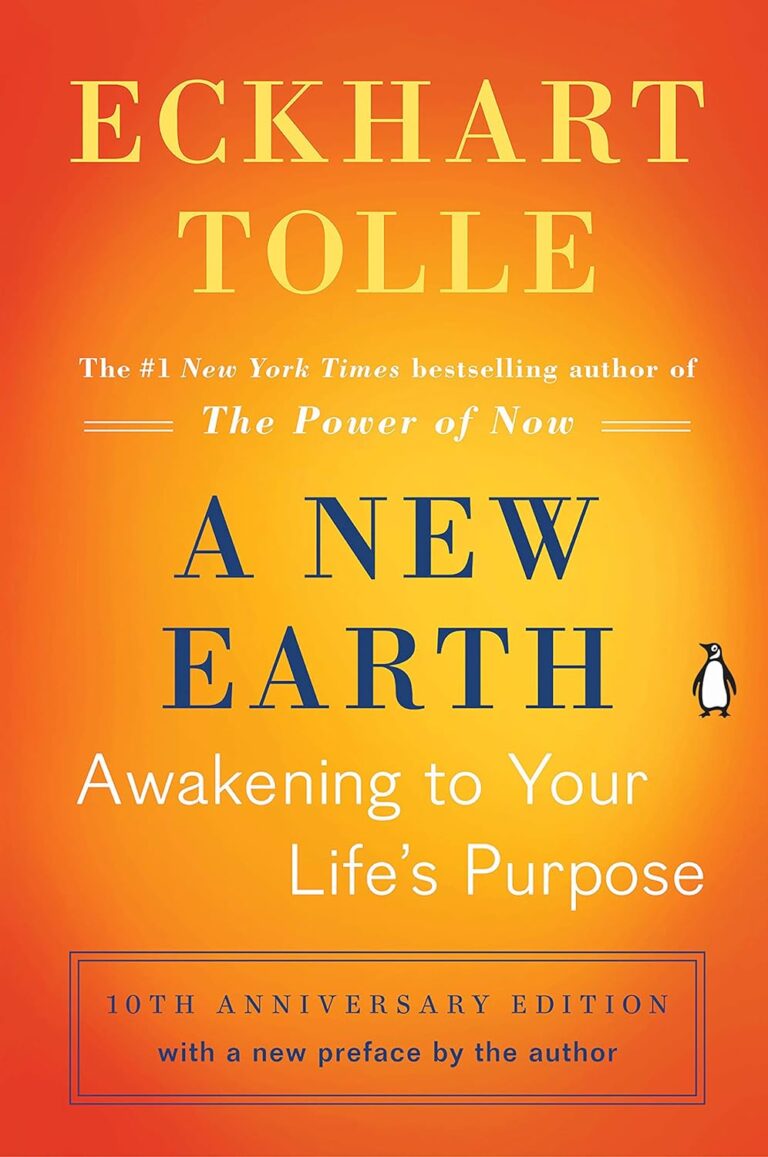
The intricacies of the human body have long baffled researchers, and it is through such curiosities that groundbreaking scientific discoveries, such as the concept of biomarkers, are born. Biomarkers are like the body’s own secret language, and understanding this language can provide invaluable insights into diagnosing, predicting, and treating various diseases. This article delves into the fascinating world of biomarkers, exploring their definition, types, roles, and how they are identified and validated. We will also touch upon the current research and advancements in this field and consider its promising future potential.
Brief Overview of Biomarkers
Biomarkers, or biological markers, are measurable indicators of biological processes, conditions, or diseases. This broad term encapsulates an array of indicators, from heartbeat and blood pressure to complex laboratory findings. They give us insights into the functioning of organs, presence of diseases, response to treatment, and the likelihood of disease development.
Importance of Understanding Biomarkers
Discovering and understanding biomarkers can revolutionize the healthcare sector. Biomarkers provide vital biological information that can predict disease risk, assist in early diagnosis, monitor illness progression, and guide the choice of treatment. Biomarkers also hold the key to personalized medicine, where the treatment is tailored to the patient’s unique biomarker profile.
Defining Biomarkers
Detailed Definition of Biomarkers
A biomarker refers to a naturally occurring molecule, gene, or characteristic by which a particular physiological or pathological process, disease, etc., can be identified. This may include substances released by tumor or specific responses of the body to a disease condition.
The Evolution of Biomarker Concept
The concept of biomarkers has evolved over the decades. Initially, biomarkers were mostly physical signs, such as blood pressure, that could indicate the body’s overall well-being. Modern science has expanded this concept to include genetic, cellular, and molecular parameters serving as precise and predictive tools for health diagnosis and prognosis.
Get to know us better
If you are reading this, you are in the right place – we do not care who you are and what you do, press the button and follow discussions live

Types of Biomarkers
Biomarkers of Exposure
These biomarkers indicate exposure to certain substances or environments that might lead to disease. For instance, the presence of certain toxic substances in blood can be an exposure biomarker indicating environmental pollution exposure.
Biomarkers of Effect
These biomarkers signify biological effects or changes in the body due to exposure. They can range from changes in organ functions to variations in genetic structures.
Biomarkers of Susceptibility
These biomarkers identify individual vulnerabilities to disease. Certain genetic markers, for example, denote a higher risk for developing specific diseases like cancer or Alzheimer’s.
Prognostic and Predictive Biomarkers
Prognostic markers provide information about the likely course of a disease, regardless of the treatment. Predictive markers, on the other hand, give insights into how a disease might respond to a specific treatment.
Roles and Functions of Biomarkers
Biomarkers in Disease Diagnosis
Biomarkers can aid in early diagnosis, significantly improving treatment outcomes. For instance, prostate-specific antigen (PSA) levels in blood can help diagnose prostate cancer.
Biomarkers in Disease Progression
Biomarkers can also track disease progression, providing valuable information on the effectiveness of the treatment plan. For example, elevated levels of HbA1c are indicative of poorly managed diabetes.
Biomarkers in Treatment Response
Assessing biomarkers can predict and monitor a patient’s response to treatment, allowing for adjustments in their treatment plan. For example, decreasing tumor marker levels may indicate a positive response to cancer treatment.
Biomarkers in Drug Development
Biomarkers also play a pivotal role in drug development, often serving as surrogate endpoints in clinical trials. They can offer insights into drug effectiveness, predict adverse reactions, and guide dosage decisions.
Identifying and Validating Biomarkers
The Process of Biomarker Discovery
Biomarker discovery involves an organized screening process, where thousands of molecules are examined and investigated through various high-throughput technologies such as genomics, proteomics, and metabolomics.
Techniques used in Biomarker Identification
A host of analytical techniques, including mass spectrometry, high-performance liquid chromatography, and nuclear magnetic resonance spectroscopy, are typically deployed in biomarker identification.
Biomarker Validation: Importance and Methods
Biomarker validation is the crucial step of confirming that the identified biomarker correlates correctly with the biological process or condition. It lends legitimacy to the study findings and ensures their applicability in the clinical setting. The validation process often involves analytic validation and clinical validation.
Current Research and Advancements in Biomarkers
Recent Breakthroughs in Biomarker Research
The domain of biomarker research has witnessed multiple breakthroughs in recent times. New biomarkers for conditions like cancer, Alzheimer’s, and heart disease have been discovered. Advanced technologies like next-generation sequencing and deep learning are being applied to expedite the process of biomarker discovery.
Future Trends in Biomarker Studies
The future trends of biomarker studies pertain to refining the discovery and validation of processes further. The focus is to enhance the precision of biomarkers, along with their speed, to facilitate prompt and personalized treatment decisions.
Conclusion: The Future of Biomarker Exploration
Understanding the Challenges
Biomarker exploration, despite its immense potential, is fraught with challenges. These range from the high cost of discovery and validation processes to difficulties in translating research findings into clinical practice. Overcoming these obstacles necessitates concerted efforts from researchers, clinicians, and policymakers.
The potential for Biomarkers in Personalized Medicine
The potential of biomarkers in advancing personalized medicine is immense. They could enable individualized treatment plans tailored to each patient’s unique biological profile, significantly improving healthcare outcomes.
FAQs:
- What exactly is a Biomarker?
A biomarker refers to a naturally occurring molecule, gene, or characteristic that can be accurately measured and evaluated as an indicator of normal or pathological processes, or responses to therapeutic interventions.
- What are some examples of Biomarkers?
Biomarkers can be as simple as pulse rate or blood pressure or as complex as gene mutations in cancer cells, levels of specific proteins in blood, or findings on an MRI.
- How are Biomarkers used in diagnosing diseases?
Biomarkers can indicate conditions such as high cholesterol or high blood sugar levels, which are risk factors for diseases like heart disease or diabetes. For example, an increase in PSA levels in blood could indicate prostate cancer.
- What is the importance of Biomarkers in drug development?
Biomarkers are pivotal in drug development as they serve as surrogate endpoints in clinical trials, offer insights into drug effectiveness, predict adverse reactions, and guide dosage decisions.
- What are the latest advancements in Biomarker research?
The domain of biomarker research has witnessed multiple breakthroughs, with the discovery of new biomarkers for conditions like cancer, Alzheimer’s, and heart disease. Advanced technologies like next-generation sequencing and deep learning are also being applied.

















Comments
Thank you. Comment sent for approval.
Something is wrong, try again later